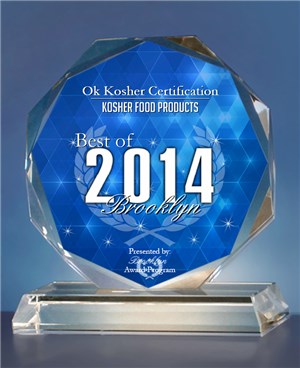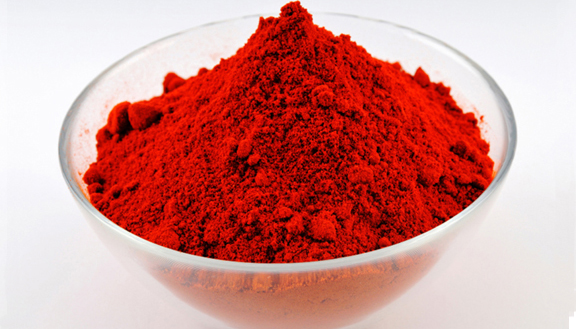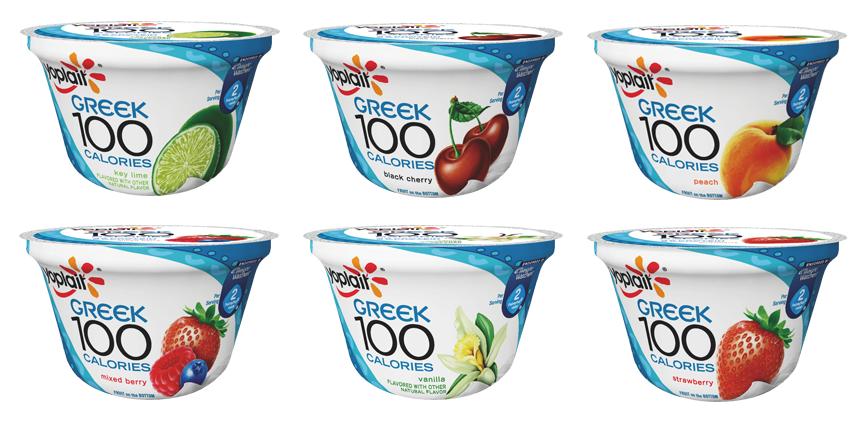OK Kosher Releases Innovative Updated Plant Manual
posted by dinaF July 2014

The OK has revised its comprehensive “how to” manual for kosher certified facilities.
OK Kosher believes that communication is essential to the effective development of a kosher program. To this end, the purpose of this manual is to direct you, step by step, through a successful kosher protocol.
Whether you would like to introduce a new ingredient, launch a new product, or understand the interaction between the rabbi and your staff, or anything else, you will find clear instructions in this guide.
Another purpose of this manual is to familiarize (newly) appointed personnel with kosher information and requirements pertaining to your facility. This concise, user-friendly format will serve as a guideline to those not yet familiar with kosher.
The manual covers the basic rules of a kosher facility, including ingredients & raw materials, kosher certificates, the OK “Group” system, equipment & productions, toll manufacturing, finished products, labels, rabbi visits, Passover, and more. Each section of the manual explores these topics in depth and is an indispensable resource for all employees involved in production of kosher products.
The plant manual also includes a comprehensive tutorial of the digital services the OK provides to its customers – be sure to ask your account representative to help you explore how you can take advantage of them.
The most important takeaway from the OK Kosher Manufacturing Facility manual remains that when in doubt, ask. When you think you know the answer and don’t want to bother the rabbi, ask anyway.
To obtain copies of the revised manual, please contact your Account Representative or email [email protected] (SUBJECT: Plant Manual) and your request will be forwarded to your Account Representative.
We’ve made these changes after talking to customers like you. Thank you for your support. We do not take your loyalty for granted and are working hard on your behalf.
– The OK Kosher Team





